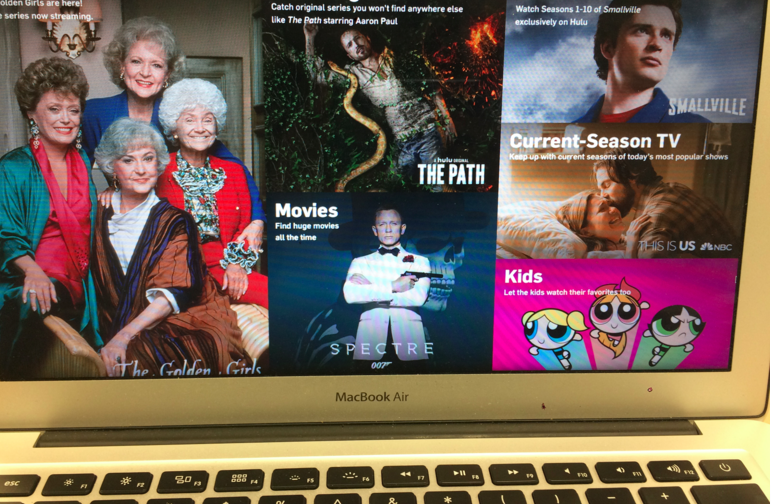Sleeping vs. Binge watching
Editor’s Note: The following is an opinion article. The opinions presented are the writer’s own and are not representative of the Trailblazer newspaper staff or Pascack Hills High School.
Binge watching, the practice of watching television episodes one after another, has been a crazy phenomenon after being named Word of the Year in 2015 by the Collins English Dictionary.
Entertainment companies like Netflix and Hulu are known for having seasons of genre-ranging shows, which allows students to watch whenever, wherever. Students go as far as spending the night watching these shows, as opposed to sleeping. Binge watching, resulting in losing sleep, could affect the health of students along with their performance in school.
According to survey from the Huffington Post, 82 percent of the people surveyed admitted to binge watching during the night. Numerous students are receiving less amounts of sleep to spend time trying to finish as many episodes of of teen-favorite shows like “Grey’s Anatomy” or “The Vampire Diaries.”
Freshman Jade Siegel said, “I would normally watch four at night and stay up till 2 a.m. I would typically get five to six hours of sleep, though that’s still the amount I get even though I don’t binge watch shows at night anymore.”
On the other hand, students have difficulty finding time to binge watch due to school activities or homework, therefore solving their problem by staying up during the night like nocturnal animals. According to a poll from the Los Angeles Times, the average public high school student spends around three and a half hours doing homework.
“I have cheer[leading] during the fall and piano lessons once a week,” Siegel said. “At the time I was heavily binge watching shows, I would have theater a few times a week.”
However, lack of sleep can result in being tired, leading to students not focusing on school work.
Freshman Angelica Betancourt said, “I typically get seven to eight hours of sleep which is [a] good amount of time someone should receive. I am the type of person that if I go to sleep early and get a lot of sleep, I do not want to wake up at all. But if I go to sleep late, I would wake up early.”
Students should shy away from binge-watching late at night even if sleeping late helps them wake up early and concentrate. Binge watching is an addictive behavior that can lead to feelings of loneliness and even depression according to a recent Texas A&M study.
Students at Hills should spend their weekday nights going to bed early, rather than binge-watching four episodes of a 13-season show. Giving up binge-watching is not necessary, but save it for the weekends and days off.
Suha Niyas is a senior at Pascack Hills High School and the In-Depth editor of the Trailblazer newspaper. Being a writer for the newspaper for four years and an editor for three, she hopes to pass down any knowledge to her peers and help make the Trailblazer successful. Although she is very interested in chemistry, she hopes to also continue writing articles for other newspapers during her college years.








































